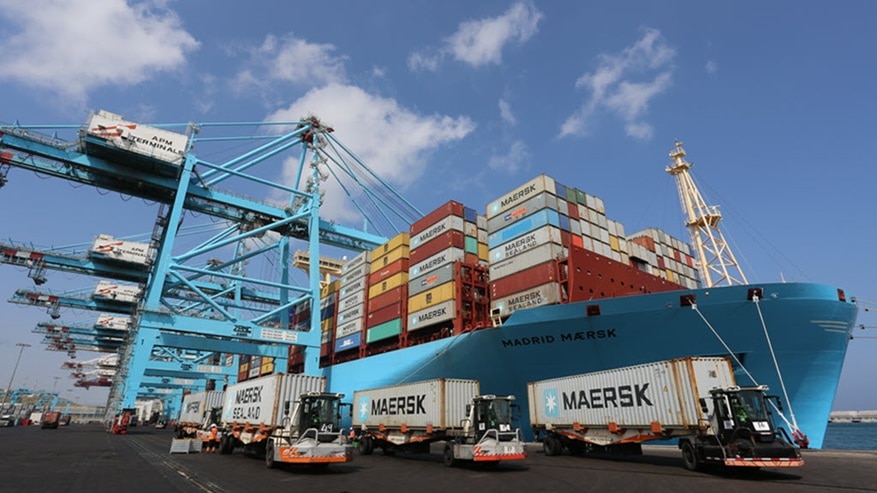Copenhagen Airports, A.P. Moller – Maersk, DSV Panalpina, DFDS, SAS and Ørsted have formed the first partnership of its kind to develop an industrial-scale production facility to produce sustainable fuels for road, maritime and air transport in the Copenhagen area. The partnership brings together the demand and supply side of sustainable fuels with a vision to realize what could become one of the world’s largest electrolyzer and sustainable fuel production facilities. The project can spearhead the maturation of sustainable fuels while creating jobs and new value chains to reinforce Denmark’s role as a green energy leader.
The participants have brought together the demand and supply side of sustainable fuels in a unique partnership with the concrete vision to develop a new groundbreaking hydrogen and e-fuel production facility as soon as 2023. When fully scaled up by 2030, the project could deliver more than 250,000 tonnes of sustainable fuel for buses, trucks, maritime vessels, and airplanes every year. Production would potentially be based on a total electrolyzer capacity of 1.3 gigawatts, which would likely make it one of the world’s largest facilities of its kind. The production from the fully scaled facility can reduce annual carbon emissions by 850,000 tonnes.
If realized as envisaged, the project will be located in the Greater Copenhagen Area and could supply renewable hydrogen for zero-emission buses tendered by Movia and heavy-duty trucks managed by DSV Panalpina, renewable methanol for A.P. Moller – Maersk vessels and renewable jet fuel (e-kerosene) for SAS airplanes and air transport out of Copenhagen Airports. The project will require a large-scale supply of renewable electricity, which could potentially come from offshore wind power produced at Rønne Banke off the island of Bornholm.
«Today, such sustainable fuels come at a higher cost than fossil-based fuels. To become competitive with fossil fuels, the production of sustainable fuels will need to be matured, built at industrial scale, and go through a cost-out journey similar to what has been seen over the past decade in other renewable energy technologies, such as offshore wind, onshore wind and solar PV. As an example, the cost of offshore wind has declined by approx 70% in Northwest Europe since 2012. For this to happen, governments and industry must come together to create a framework that incentivizes private investments in large-scale sustainable fuel production.»
The partnership will now move forward and engage in dialogue with the regulatory authorities on the framework and policies needed to support the development of using sustainable fuels at scale in the transport sector in Denmark, and to seek public co-funding to conduct a full-feasibility study of the project. If the feasibility study confirms the viability of the project vision, a final investment decision for the first stage of the project could likely be taken as soon as 2021.
Søren Skou, CEO, A.P. Moller – Maersk, the largest container line in the world, said today:“Decarbonizing the transport sector is a significant and complex task that requires collaborative contributions from every company, organization, and country. This project provides a first step in the massive transformation to produce and distribute sustainable energy. In Denmark, we have an opportunity now to accelerate the green transformation and take the lead in powering the future with sustainable energy and I am pleased that we can contribute with concrete actions. We need many such projects both in Denmark and around the globe to achieve our ambition in Maersk of becoming carbon neutral by 2050.” In December 2018, Maersk was the first major shipping line to pledge to be carbon neutral by 2050, which is ahead of the IMO’s 2050 targets for the environment.Three fuels have been identified last October by the Danish carrier as promising for its decarbonization drive, namely renewable methanol, biogas and ammonia.
Frank Jensen, Lord Mayor of Copenhagen, declared: “In Copenhagen, we’ve set the ambitious goal to become the world’s first carbon-neutral capital by 2025. We’re already well underway – with district heating, wind turbines, great biking infrastructure, zero-emission buses, a green metro, etc. But we need new, sustainable technologies to go all the way. Sustainable fuels are an important means in the fight against climate change and air pollution. It brings us one step closer to a greener future.”





